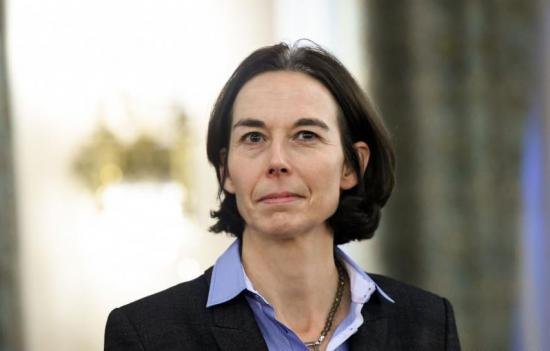Romania remains vulnerable to external shocks, and the balance remedy is not yet complete, according to the IMF, who shows that the Romanian economy has largely corrected internal and external imbalances through a mix of sound macroeconomic policies, Mediafax reports.
Following the global crisis, the Romanian economy has largely corrected internal and external imbalances with a mix of sound macroeconomic policies. However, convergence has stalled and weak public infrastructure has emerged as a key bottleneck for a higher growth trajectory. At the same time, Romania remains vulnerable to external shocks and the repair of balance sheets is not yet complete. Going forward sustainable macroeconomic policies need to be combined with measures that boost the efficiency of public spending—in particular an acceleration of EU-funds absorption to upgrade public infrastructure—, re-invigorate delayed state-owned enterprise reforms, and resolve crisis legacies in the financial sector", the IMF statement on its mission to Romania reads.
Under Article IV, missions are undertaken as part of regular consultations, usually annual, in the context of a request to use IMF resources, as part of discussions of staff monitored programs, or as part of other staff monitoring of economic developments.
In a separate statement sent out by the IMF after the SBA mission assessment , they say that despite important progress, some issues remain open and will continue discussions at the IMF and the European Commission headquarters in the upcoming weeks.
Prime Minister Victor Ponta announced on Monday that the government did not reached an agreement with the IMF and the EC in the current assessment mission, because the two institutions have demanded a pike increase in gas prices for households and the CHPs starting in April and a massive restructuring of the Hunedoara and Oltenia energy companies.
Ponta said that under these circumstances, a letter of intent will not be signed and that discussions on these two points of divergence will continue in April, but the agreement remains in force.
The IMF experts note, in the statement on consultations under Article IV, that the GDP returned to the pre-crisis levels last year and the growth momentum is strengthening. Private consumption and strong exports supported the economic recovery of last year, investments remain modest this time. Experts predict a real GDP growth of 2.7% in 2015 and 2.9% in 2016.
The main driver of this growth is expected to be the strengthening of private consumption - amid strong real wage growth, low oil prices and interest rates that have reached record lows. As internal growth strengthens, the current account deficit is projected to increase slightly this year. It is likely that the important low inflation and the output gap being maintained in the negative would keep inflation considerably below the intended target for the most part of 2015.
Risks to the outlook are rather that it should be too positive. Renewed volatility in the global financial market or the euro area as well as a protracted period of slow growth and low inflation in the euro area could put strains on the Romanian economy. Due to relatively limited trade and financial linkages to Russia and Ukraine, direct effects from geopolitical developments should be manageable, however. Domestically, in the absence of needed reforms, continued underperformance of EU funds absorption would delay a much needed infrastructure upgrade, IMF experts argue.
Potential growth is currently projected at around 3 percent in the medium term. The mission estimates that ratcheting up EU funds absorption substantially, leading to a greater density and higher quality of infrastructure, could boost this growth by about ½ percentage point annually over the medium term.
The mission supports further easing steps amid declining inflation expectations, sharply lower oil prices, a persistent negative output gap, and ECB monetary easing. The mission also recommends a gradual transition of the conduct of monetary policy to a more full-fledged inflation targeting regime by reducing the role of the exchange rate in the policy framework and continuing to narrow the interest rate corridor. This could help strengthen the clarity of monetary policy signals and the transmission channel.
The exchange rate is currently broadly in line with medium-term fundamentals. Moreover, reserve coverage is generally adequate according to most reserve adequacy metrics. Going forward, the mission recommends limiting interventions in the foreign exchange market to smoothing excessive volatility and maintaining a prudent stance with moderate reserve accumulation in light of continued downside external risks.
The opinions expressed in the statement are those of the IMF staff and do not necessarily represent the position of the Executive Board of the IMF. Based on the preliminary findings of the mission, experts will prepare a report which, subject to the approval of management, will be presented to the IMF Executive Board discussion and decision.








